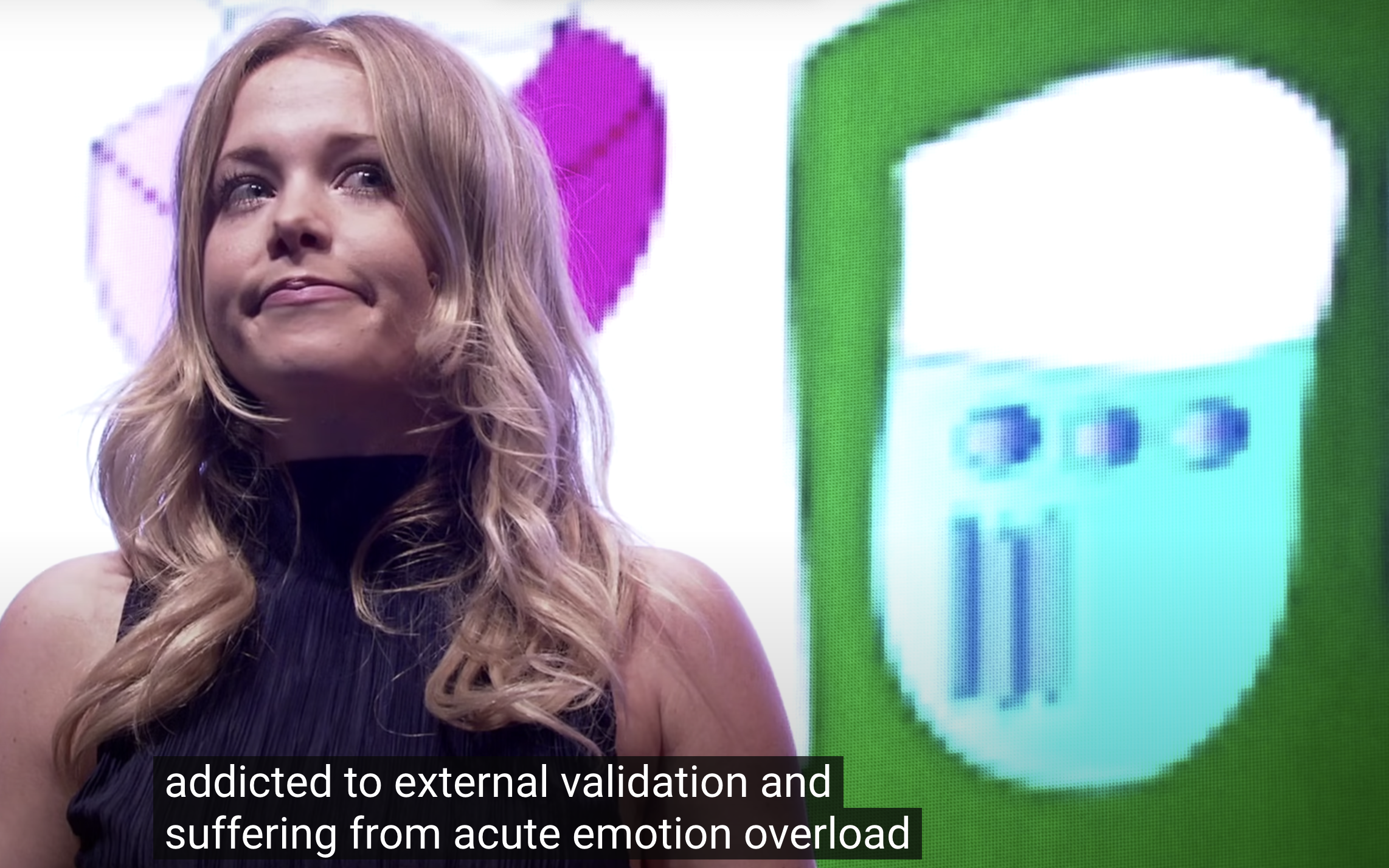This blog post originates from my friend’s social media activity. I couldn’t help but notice that since she began studying abroad, her posts have become more frequent, consistently tinged with loneliness and a touch of sadness. This got me thinking about social media, loneliness, and the quest for self-identity, and I just want to write down these scattered thoughts.
Previously, I came across a comment that said, “Today’s youth oscillates between cherishing their solitude and eagerly seeking information, driven by a fear of missing out; this is a sign of existential anxiety.” On one side, we yearn for personal space to explore and define our identities and life’s meaning. On the flip side, we grapple with sensations of “boredom” or “loneliness” and turn to the communities shaped by social media for belief and value reinforcement.
As we chase meaning and identity, we pose the question, “Who am I?” and embark on a quest for life’s purpose and orientation. This journey can stir up some anxiety, but it’s meaningful for sure. However, when our quest for meaning leaves us empty-handed, existential anxiety strikes. Significant life events, traumas, severe illnesses, or the loss of loved ones can trigger this fear of existence.
Constructing Self-Identity on Social Media “Communities”
While social media is relatively recent in the context of thousands of years of human existence, it has fundamentally altered our behavior and interaction with the world around us.
Some no longer savor the small moments in life but urgently document and share experiences, seeking timely validation from our ever-expanding list of followers. If the posts don’t receive likes, we feel anxious or even question the worthiness of our narratives, as if our value hinges entirely on the “others” on social media.

Entrepreneur Poppy Jamie makes a compelling argument: we are ADDICTED TO EXTERNAL VALIDATION. This unveils that societal acceptance is crucial to our existence, and the essence behind being “addicted to external validation” is we tend to define who we are and what we may become externally not internally.

Stepping Away from the “Crowd” to Find Ourselves
Yes, I understand that we need social media. Just as CoenVO discussed earlier,digital technology can be effective in regulating and directing individual emotions. People may not realize it, but conversations and information exchange on social media do can serve as a satisfying and convenient form of “psychological therapy”. Most importantly, they make individuals feel needed, valuable, and less lonely.

Many argue that social media exacerbate existential anxiety among young people. However, I don’t hold the view that these are the root cause of anxiety. Rather, I’d say they serve as “assessment tools” or “diagnostic tools.” On one hand, social networks express our inner fear of loneliness; on the other hand, they help people discover and temporarily alleviate deep-seated anxieties. Without these tools that provide immediate gratification, people’s anxieties might remain undiscovered.
However, whether it’s existential anxiety mirrored in social media or collective loneliness, these phenomena prompt us to contemplate the relationship between individuals and the group.

As it is said,
The crowd is untruth.
Sören Kierkegaard
Perhaps, instead of consistently discussing the downsides of social media in a negative tone, we should return to ourselves and ponder how to coexist peacefully with our inner selves. The more fundamental therapeutic approach may not be to momentarily numb the pain with social media but to learn to appreciate “solitude” – something that has long been neglected and evaded.
People have often spoken negatively about solitude, but actually important achievements wouldn’t have been possible without enduring a certain degree of personal loneliness. Perhaps sometimes we just need to look inward, reconnect with ourselves, and engage in self-reflection.
Oh, and speaking of that, I remembered this TED talk I saw by Sherry Turkle, a social psychologist. I feel like it kinda fits in with this topic and might add some extra angles to it, so I figured I’d share it here.
Feel free to check out if you are interested! And as for me, I think I’ll have to catch up with my friend more often and make sure she’s doing alright…hahaha!



In this scenario, social media can be a double-edged sword. On the one hand, technology can provide a virtual social connection and a sense of belonging, which can provide an escape from loneliness. It can help folks find other people who share their interests and feel less isolated. On the other side, social media can serve as an escape from ourselves, we may find ourselves browsing through feeds and seeking “affirmation” from others, which can be transient and shallow.